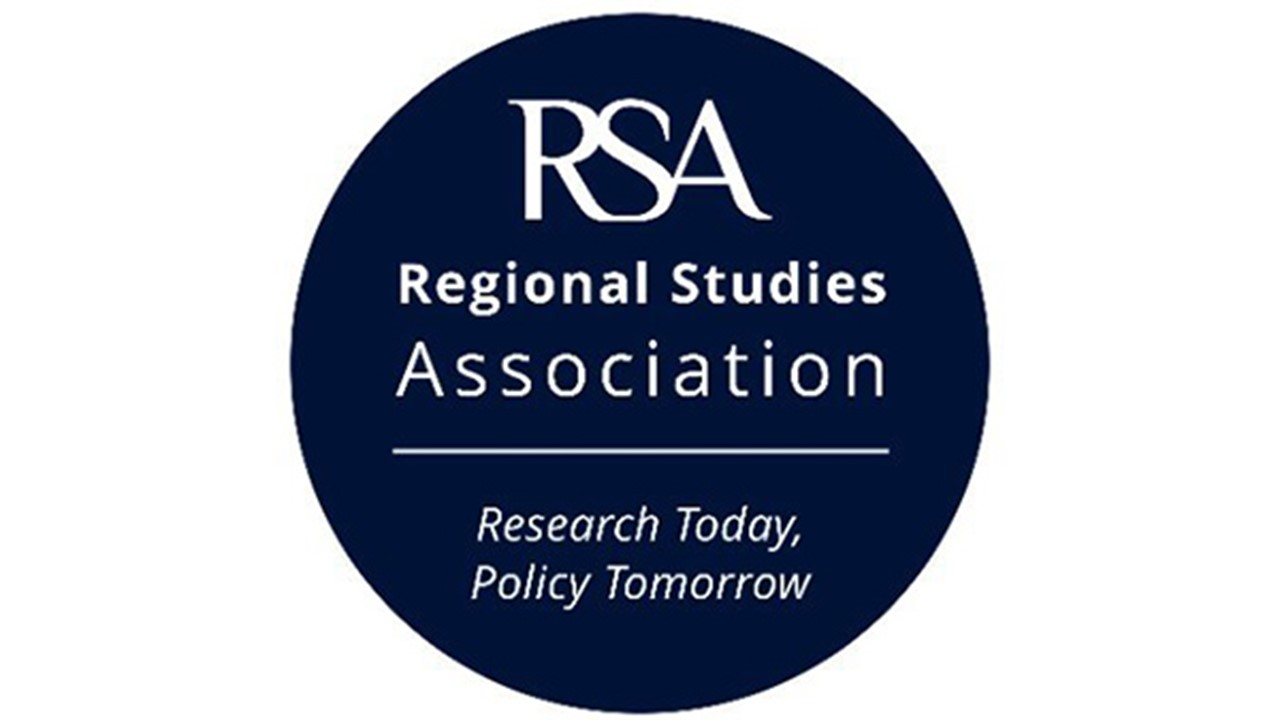On 14th and 15th March 2024, Professor Joyce Liddle was one of the lead organisers of an international conference entitled “Leadership, Politics, & Governance in Turbulent Times: Global and Geopolitical Challenges in a Changing Europe” held in Prague, Czech Republic. This third in a series of events (earlier ones were held in Newcastle, UK and Angers, France, culminating in a final Birmingham conference in April 2025) attracted 60 academics, policy makers and senior public leaders from across Europe.

Between 2020 and 2024 a unique set of circumstances tested the capabilities of leaders across Europe. From Brexit and pandemic-related disruptions to geopolitical shifts, migration crises, energy crises, and high inflation rates, many challenges have required leaders to demonstrate resilience, adaptability, and strategic thinking. Navigating these factors requires leaders with understanding of the interdependencies between different challenges, and the ability to mobilise resources and foster collaboration among diverse stakeholders in various ‘places’. Embracing multifaceted challenges and opportunities can equip leaders with new knowledge to shape the future trajectory of their countries, as well as sustain lasting contributions to well-being and prosperity for all citizens.
A rapidly changing context of global turbulence and unprecedented crises have created complex and evolving policy challenges for leaders at multiple levels of governance across Europe, and beyond. Presentations from leading experts in the field facilitated a more comprehensive understanding of some key global. interdependent challenges and opportunities, as academics, policy makers and leaders exchanged knowledge on emerging research questions, and explored ideas for designing, developing and implementing novel policies and initiatives to mobilise sub-national resources and foster partnerships for change.

At the outset in 2022 this network had addressed issues of the changing world of sub-national and transnational cooperation and development, and some of the new and uncertain contexts and local circumstances in which leadership takes place. Later discussions highlighted the importance of networking and relationship building activities across coterminous and non-coterminous national borders. These were followed by examinations on how leadership within a two-tier Europe was playing out. Gaps were identified to illustrate why certain places were leading and others continuing to lag behind, with some excellent leadership case studies promoted across different ‘places’. From an English perspective, the research of Liddle and co-authors had identified several challenges facing sub-national leadership, including those arising from Brexit, cross-border cooperation, how to counter challenges to local democracy, and maintaining a sub-national voice across Europe. The Prague conference showcased concrete and innovative examples of good practice in local and regional leadership across Europe to demonstrate how leaders are shaping the resilience of their places in current turbulent times
Many of the contributors in this series of events are contributing to a special issue of the international journal Regional Studies which will be published in 2025/6 and edited by John Gibney, Joyce Liddle, John Shutt and Markku Sotarauta, entitled: Leadership in city and regional development: new perspectives from within and beyond borders.
